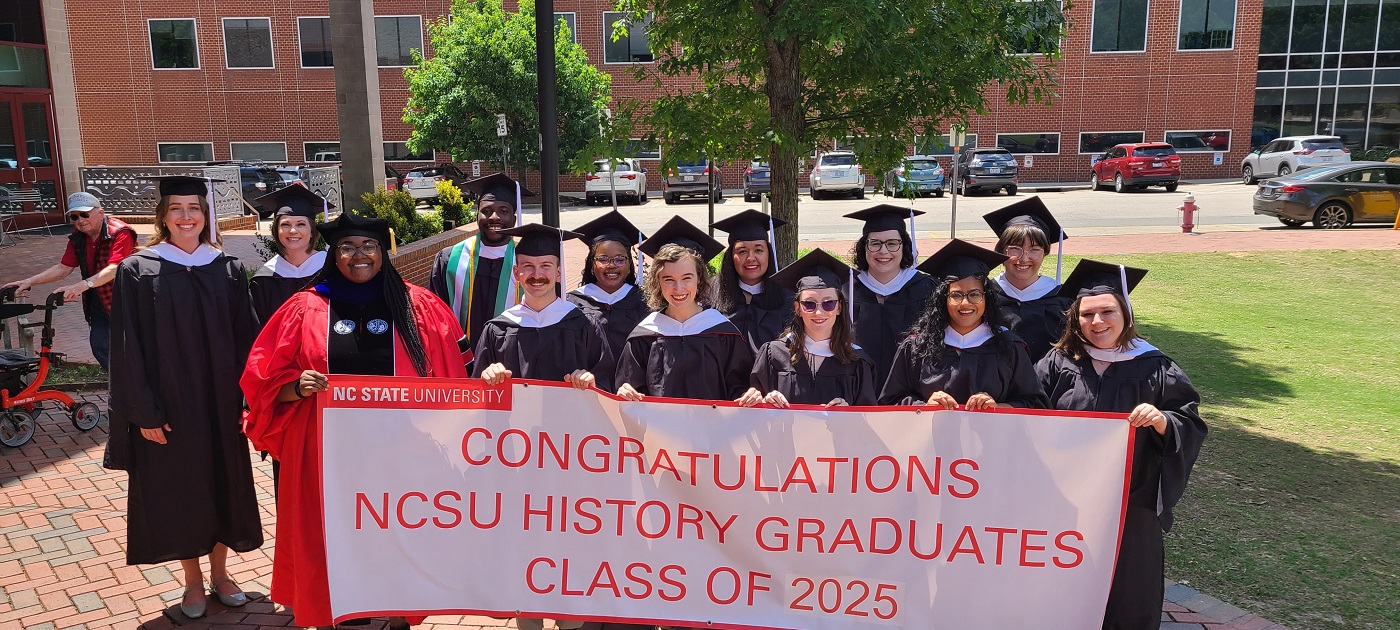Faculty Research

Nicholas Robins, Of Love and Loathing (Lincoln: University of Nebraska Press, 2015)
Associate Teaching Professor Nicholas Robins specializes in colonial Andean environmental and social history as well as indigenous rebellions. His book, Of Love and Loathing: Martial Life, Strife and Intimacy in the Colonial Andes, 1750-1825, has been published by University of Nebraska Press.
From University of Nebraska Press:
Policies concerning marriage, morality, and intimacy were central to the efforts of the Spanish monarchy to maintain social control in colonial Charcas. The Bourbon Crown depended on the patriarchal, caste-based social system on which its colonial enterprise was built to maintain control over a vast region that today encompasses Bolivia and parts of Peru, Chile, Paraguay, and Argentina. Intimacy became a fulcrum of social control contested by individuals, families, the state, and the Catholic Church, and deeply personal emotions and experiences were unwillingly transformed into social, political, and moral challenges.
In Of Love and Loathing, Nicholas A. Robins examines the application of late-colonial Bourbon policies concerning marriage, morality, and intimacy. Robins examines how such policies and the means by which they were enforced highlight the moral, racial, and patriarchal ideals of the time, and, more important, the degree to which the policies were evaded. Not only did free unions, illegitimate children, and de facto divorces abound, but women also had significantly more agency regarding resources, relationships, and movement than has previously been recognized. A surprising image of society emerges from Robins’s analysis, one with considerably more moral latitude than can be found from the perspectives of religious doctrine and regal edicts.

Ross Bassett, The Technological Indian (Cambridge: Harvard University Press, 2016)
Professor Ross Bassett specializes in the history of technology and the movement of technologies and engineers across boundaries. His book, The Technological Indian (2016), is being published by Harvard University Press in February 2016.
From Harvard University Press:
In the late 1800s, Indians seemed to be a people left behind by the Industrial Revolution, dismissed as “not a mechanical race.” Today Indians are among the world’s leaders in engineering and technology. In this international history spanning nearly 150 years, Ross Bassett—drawing on a unique database of every Indian to graduate from the Massachusetts Institute of Technology between its founding and 2000—charts their ascent to the pinnacle of high-tech professions.
As a group of Indians sought a way forward for their country, they saw a future in technology. Bassett examines the tensions and surprising congruences between this technological vision and Mahatma Gandhi’s nonindustrial modernity. India’s first prime minister, Jawaharlal Nehru, sought to use MIT-trained engineers to build an India where the government controlled technology for the benefit of the people. In the private sector, Indian business families sent their sons to MIT, while MIT graduates established India’s information technology industry.
By the 1960s, students from the Indian Institutes of Technology (modeled on MIT) were drawn to the United States for graduate training, and many of them stayed, as prominent industrialists, academics, and entrepreneurs. The MIT-educated Indian engineer became an integral part of a global system of technology-based capitalism and focused less on India and its problems—a technological Indian created at the expense of a technological India.

Susanna Lee, Claiming the Union (New York: Cambridge University Press, 2014)
Professor Susanna Lee specializes in the history of the nineteenth-century United States. Her book, Claiming the Union (2014), examines southerners’ claims to loyal citizenship in the reunited nation after the American Civil War. Southerners – male and female; elite and non-elite; white, black, and American Indian – disagreed with the federal government over the obligations citizens owed to their nation and the obligations the nation owed to its citizens. Susanna Michele Lee explores these clashes through the operations of the Southern Claims Commission, a federal body that rewarded compensation for wartime losses to Southerners who proved that they had been loyal citizens of the Union. Lee argues that southerners forced the federal government to consider how white men who had not been soldiers and voters, and women and racial minorities who had not been allowed to serve in those capacities, could also qualify as loyal citizens. Postwar considerations of the former Confederacy potentially demanded a reconceptualization of citizenship that replaced exclusions by race and gender with inclusions according to loyalty. (Cambridge University Press)
- Categories:


